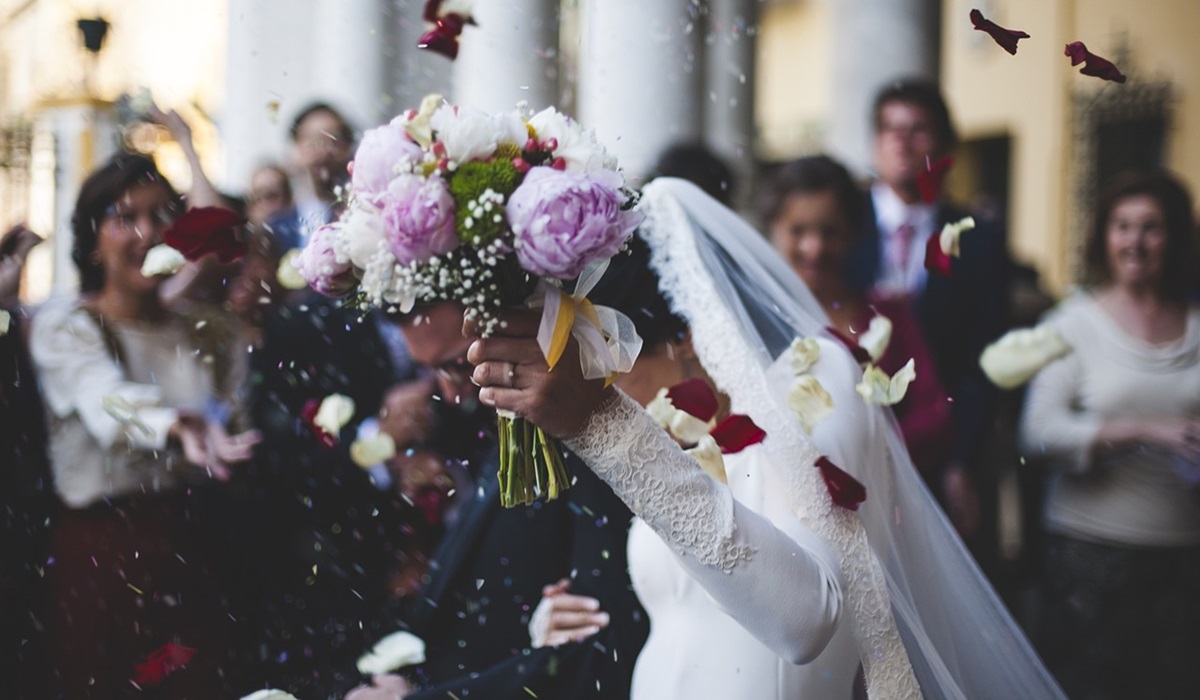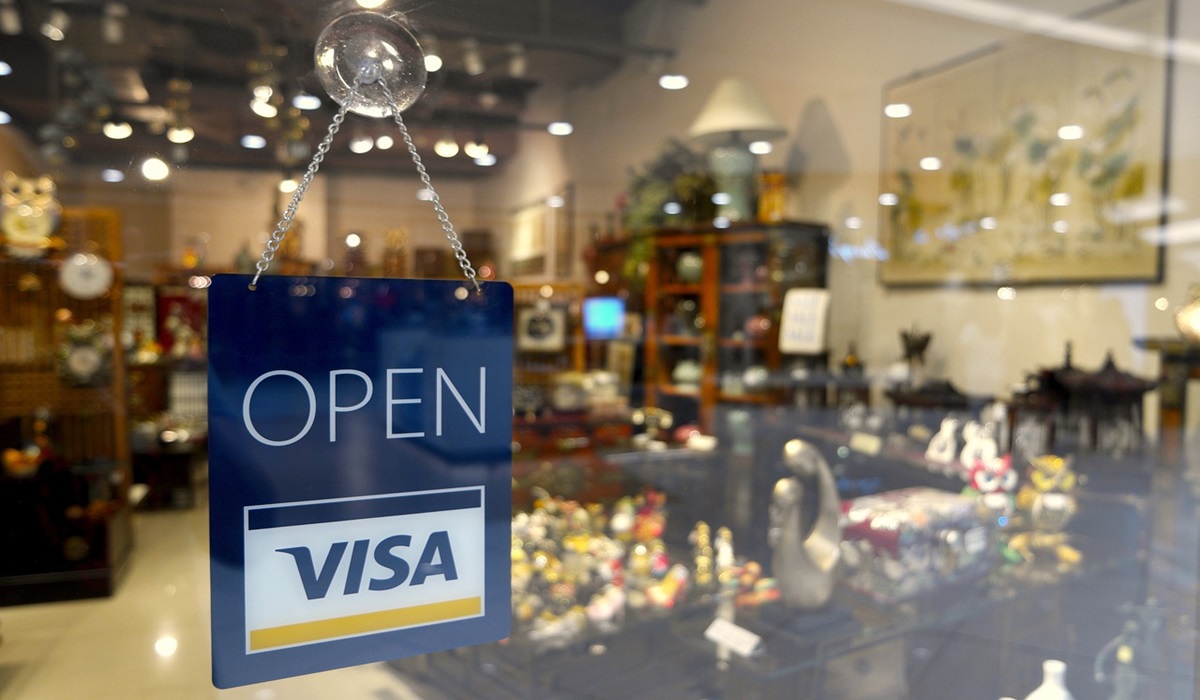Marriage For Love is Overrated: Embracing Diverse Paths to Lifelong Commitment
- Naomi Dela Cruz
- Culture
- D.O.C Supplements - Trending News
- November 13, 2023

In a world that cherishes individuality and personal choices, the traditional notion of lifelong commitment need not always be synonymous with marriage. Choosing not to marry and instead to live together is a valid and enriching choice for many. Moreover, it is essential to recognize and respect the various reasons individuals may decide to marry, be it for convenience, financial stability, security, or to protect their sexual identity. The success of a committed relationship doesn’t solely rely on love; it hinges on what works best for the individuals involved. It’s crucial to foster a mindset that refrains from judgment and appreciates the diverse decisions people make to pursue fulfilling relationships.
Couples today increasingly embrace the option of living together without formalizing their commitment through marriage. This choice allows for a deep connection and shared life experiences without the legal and societal implications that marriage often entails. It provides a flexible and modern approach to building a life together, allowing individuals to prioritize their unique preferences and values.
Marriage, when pursued, can be driven by many factors beyond romantic love. Opting for matrimony for reasons such as convenience, financial stability, security, or to safeguard one’s sexual identity is a legitimate and personal choice. The evolving landscape of relationships acknowledges that individuals may have diverse motivations for choosing a committed partnership. It is essential to embrace this diversity and appreciate the nuanced reasons for the decision to marry.
Contrary to traditional beliefs, the success of a committed relationship need not be contingent on romantic love alone. What defines a successful partnership is its ability to work harmoniously for the people involved. Whether based on deep romantic affection or practical considerations, the key is mutual understanding, respect, and a shared vision for the future. Recognizing this diversity fosters an inclusive and non-judgmental society that appreciates the myriad ways individuals navigate the journey of commitment.
Individuals should not be scrutinized or judged for their matrimony decisions. Each person’s path to a fulfilling and successful commitment is unique, and societal attitudes should reflect an understanding of this diversity. By respecting individual choices, we contribute to a culture that values personal agency and embraces the myriad ways people choose to define and experience lifelong commitment.








